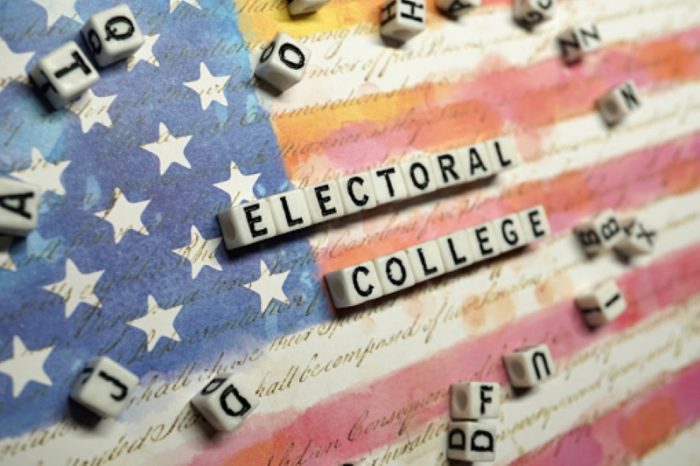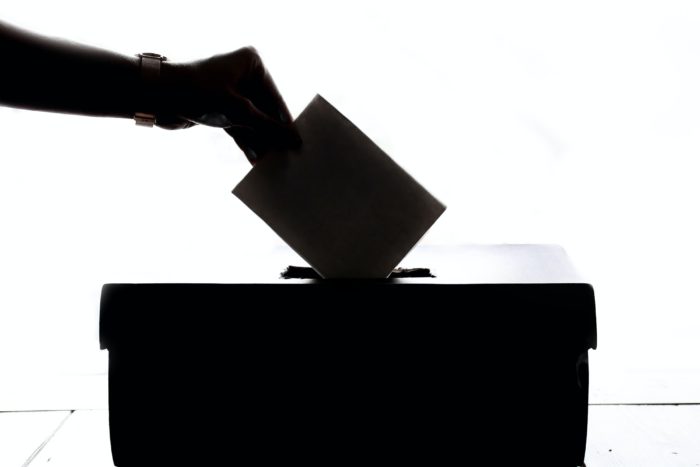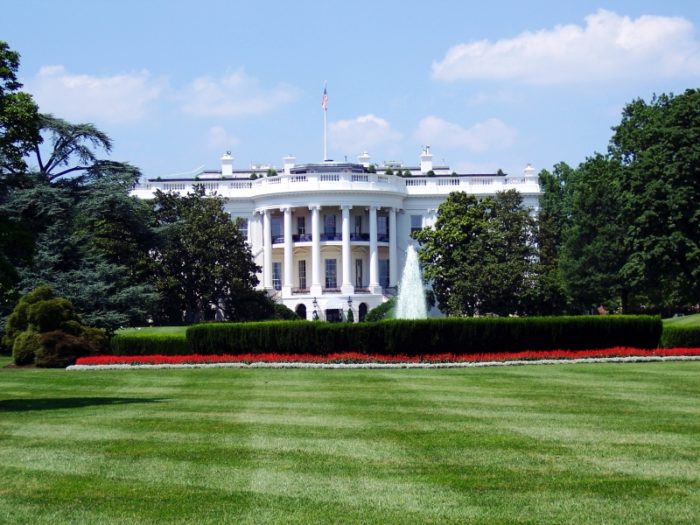By Yailin Hernandez
After the 2016 election, there was one question still lingering on many American’s minds: How did we end up with Donald Trump as the 45th president? Hilary Clinton had won the popular vote, so why is it that she lost? The answer to this is simple but complex—we don’t pick the president, the Electoral College does.
The Electoral College is a system that has existed since the inception of the United States of America. Framers (people who wrote the Constitution) created a system that would dominate how presidential elections are processed. Every four years, 538 electors cast their ballot and ultimately decide who will be commander-in-chief for the following four years. To many people, this system is the norm. They don’t have any particular feelings about it, they accept it at face value. But the debate on whether or not this system works and if we should still even have it is a very prominent one.
So, What is the Electoral College?
When deciding the structures of our government, one thing the framers pondered was how the president would be elected. They believed a direct popular vote wouldn’t work because much of the country was poor, uneducated farmers and they didn’t trust them enough to make the decision. They also didn’t think it should be decided by Congressional representatives because they would decide elections in their favor. To solve this issue, they decided to have an extra body of people to decide who will be president—the Electoral College.
According to Article II Section 1 of the Consitution, states have the authority to decide how electors are picked, and they cannot be holders of federal office. For the most part, political parties nominate electors for every state. Sometimes citizens can vote for them on their ballot. These electors pledge to vote for a candidate depending on their political affiliation. The number of electoral votes a state gets is the number of people they have in the House of Representatives plus two Senators, and 3 for Washington D.C. This totals up to 538 votes.
In regards to how electors vote, 48 states and the District of Columbia decide which candidate recieves votes on a “winner-takes-all” basis- whichever candidate wins the popular vote in the state gets all the electoral votes as well. Maine and Nebraska vote by Congressional district. In order to win the presidency, a candidate must pass a 270 electoral vote threshold. If there is a tie, it is brought to the House of Representatives.
In some cases however, electors deviate from this plan and vote for another candidate. They are known as faithless electors. Depending on the state, electors are under no obligation, neither by states or the Constitution, to vote for the candidate they pledged for. To hinder this, some states punish faithless electors with things like fines. This past summer, the Supreme Court ruled this was okay. In a 9-0 decision, the Supreme Court decided that punishing faithless electors is well under a state’s jurisdiction. Given the complexity of this system, especially given the fact that we had an election a few weeks ago, many people question this system. Why do we still have it, after over 200 years of it’s creation?
Abolish it, or Keep it?
The debate over the Electoral College has gone on for decades. Many Democrats and Republicans alike think that we should change the system, and change is possible. In the early 1970’s, legislation almost passed through Congress that outlined an amendment to get rid of the system. Instead of having the electoral college vote and pick the president, the winner will be decided through the popular vote. However, the legislation ultimately didn’t pass because segregationists in the South blocked it.
One argument against the Electoral College is it has ties to slavery. While some deny this claim, the connection between the number of electors directly correlates to this institution. While creating the Constitution, states with large populations of enslaved people wanted them to be counted for Congressional representation, despite considering them property, not people. This issue was resolved with the so-called “Three-Fifths compromise”, which decided that for every 5 enslaved people, 3 would be counted as part of the population. Because the number of electoral votes a state gets depends on their Congressional representation, counting enslaved people for more representation gives states more electoral votes.
One argument that works for both sides is the argument on state size and population. For smaller states like Wyoming and Vermont, one electoral vote represents a smaller portion of the population, giving them a bit more representation. However, many believe this gives a disadvantage to states with larger populations like New York and California, who have larger concentrations of communities of color. By giving votes with more weight to smaller states, people believe this gives an advantage to white citizens to dominate elections. Cities tend to have larger minority populations while smaller states are more rural and white. Having their vote hold more weight gives an advantage that many find is rooted in racism. And given the Electoral College’s tie to slavery—it doesn’t seem too far-fetched.
Supporters of the system believe that replacing the Electoral College with a direct popular vote means candidates will focus their attention on big states and pay less attention to smaller states, which is a valid concern. Candidates rarely campaign in states like New York, California, and Illinois because they’re blue strongholds. The attention primarily focuses on swing states where the outcome is uncertain. If we replace the Electoral College with a direct popular vote, campaigning for large states will dominate elections, leaving small states with no attention.
Final Thoughts
Because of the Electoral College, many people wonder why their individual vote even matters. At the end of the day, the Electoral College is the arbiter, so why vote? This question discourages people from voting and gets into another issue with this system. No citizen should feel like their vote doesn’t matter, nor should there be this much confusion on a system that decides the country’s most important position. Every vote counts! While your vote may not directly contribute to who wins the presidency, it decides who your electors will vote for, indirectly contributing to deciding the presidency. No matter the size, any difference can mean flipping a state, like we saw in Pennsylvania and Georgia when they flipped blue this election.
Personally, I believe the electoral college should be abolished. Not only because of its implications of racism and ties to slavery, but also because it’s unfair for 538 people to decide who will govern the hundreds of millions of people in America. The Consitution has the capability to be changed, so I think an amendment should be put in place to abolish this system. While the U.S. is far from a perfect democracy, I think that having this extra step in the election process hinders our chance at getting there.
I don’t think the abolishment of the Electoral College is impossible. I think (and hope) within the next few decades we might actually see these conversations be a priority for Congress and they’ll make the ultimate decision to either keep the system or get rid of it. Considering how lengthy this year’s election was, the 2024 election is the last thing on people’s minds. Our new administration’s current priority is to tackle the COVID-19 pandemic and help Americans, so I doubt this will be discussed much. But who knows? Maybe the conversation will be brought back to Congress sooner than we think.



